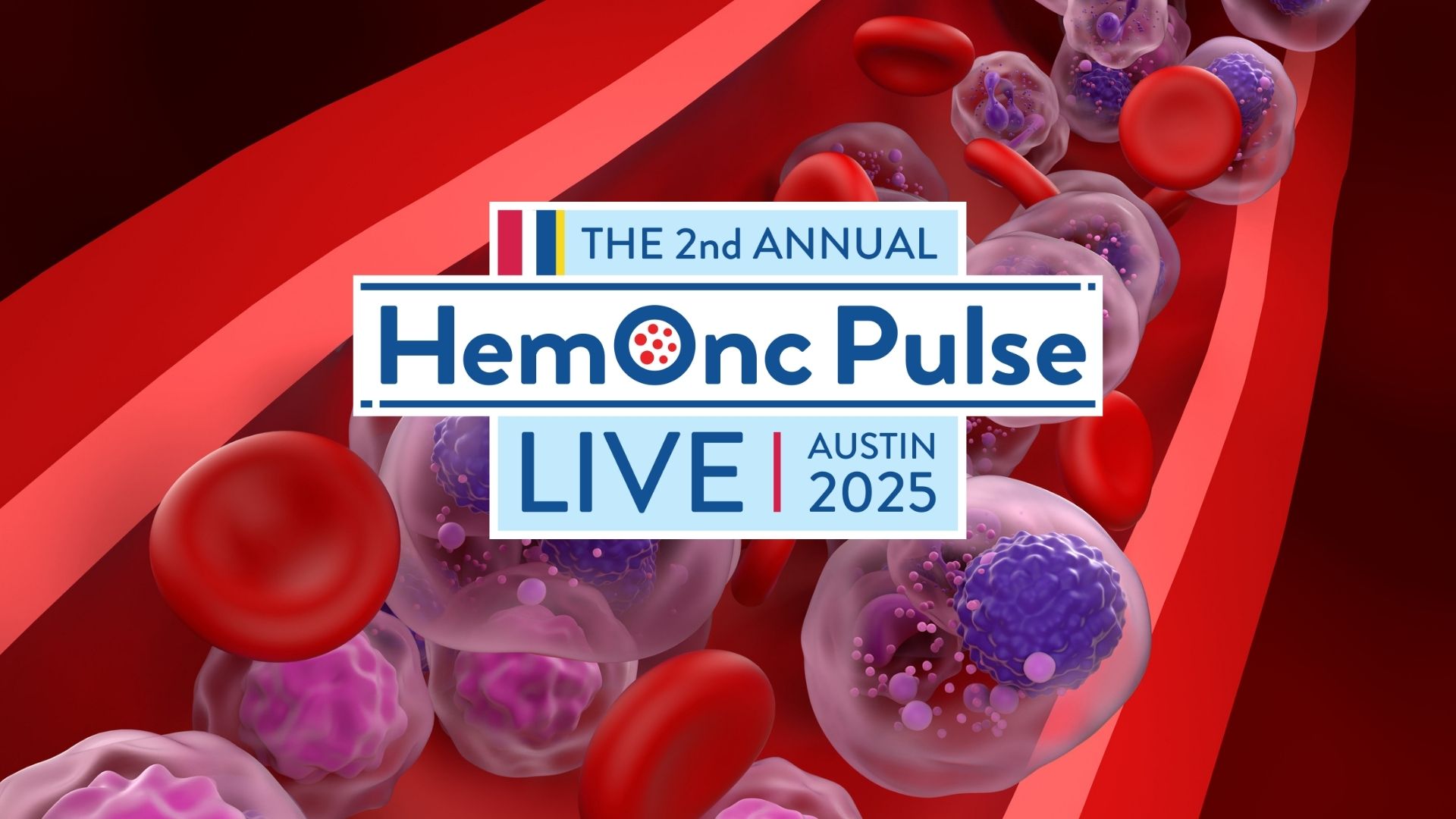Nina Shah Discusses Data on Ide-Cel and Melflufen, Both Granted Priority Review by FDA
By Nina Shah, MD - Last Updated: November 14, 2022Nina Shah, MD, an associate professor in the Department of Medicine at the University of California, San Francisco, talks about two new multiple myeloma (MM) agents granted priority review by the U.S. Food and Drug Administration and the data emerging on these therapeutics.
Watch part 3 of the interview with Dr. Shah where she discusses the immunotherapy pipeline for MM.
DocWire News: The FDA recently granted priority review for ide-cel, a BCMA-directed CAR T-cell immunotherapy, for relapsed/refractory myeloma. The results of the KARMA study were recently presented at ASCO. Can you tell us about this therapy and highlight some of the findings from KARMA?
Dr. Shah: The BCMA CAR T-cell ide-cel is the artist formerly known as bb2121, which initially had very nice phase I data presented a couple of years ago. Then the KARMA study was the pivotal phase II trial, which treated about 128 patients with this CAR T-cell product. These are patients who are triple-class exposed, had at least three prior lines of treatment, and went into the study with progressive disease. So it’s a very sick population.
Of those, they were able to manufacture for, I think, all but one patient, so a really good manufacturing rate. These patients were given lymphodepleting chemotherapy, with fludarabine and cyclophosphamide, and thereafter received the CAR T-cells. What they showed in the data from ASCO was an overall response rate of 73%. However, it’s important to know that these patients actually were treated in different groups. Some groups got a dose of 150 million cells, some patients got 300 million cells, and another group got 450 million cells. It’s important to know this because the patients who are in the 450 group actually had a higher overall response rate, greater than 80%, 83% I believe, and it’s important because now the dose that’s probably going to go forward for FDA approval is going to be the 450, and I think that’s also important because the progression-free survival for this dose was almost a year, which is very similar to what they had shown in their phase I data. So, I think this gives an option for people who are considering a therapy that maybe they could not get other therapy after that for a year, and patients might want to be therapy-free for a year. This might be a good option for those patients.
DocWire News: The FDA also recently granted priority review for melflufen, an investigational peptide-drug conjugate, in combination with dexamethasone for refractory disease. Can you talk about this agent and some of the findings from the HORIZON clinical trial?
Dr. Shah: Melflufen is a lipophilic type of melphalan and also requires an aminopeptidase to cleave it from this compound. So, essentially the melflufen can enter with the cells very easily because they can get through the lipophilic cell membrane, but once in there they require aminopeptidases to allow for cleavage and then the active ingredient of melphalan to then go and produce damage. We know that melphalan is a very effective drug for multiple myeloma, but this is actually specifically targeting myeloma cells because these plasma cells, which are the malignant cells, actually have a higher amount of aminopeptidase intracellularly, so these cells are actually specifically targeted with this drug. It’s a unique mechanism, it’s not relying on antibody or extracellular targets, it’s actually relying on an intracellular protein or enzyme that is present in these myeloma cells.
Most recently in the HORIZON trial, they were able to show around a 30% response rate in very heavily pre-treated patients. And I think 30% is the bar. You have to make that bar now, and that’s why I think it’s going to go forward. But I think where melflufen will have even better response and/or utility will be in combination with other drugs that have a different mechanism of action, for example, a targeted immunotherapy, because you’d be looking at the myeloma cell in two different ways or working on it in two different ways.






 © 2025 Mashup Media, LLC, a Formedics Property. All Rights Reserved.
© 2025 Mashup Media, LLC, a Formedics Property. All Rights Reserved.